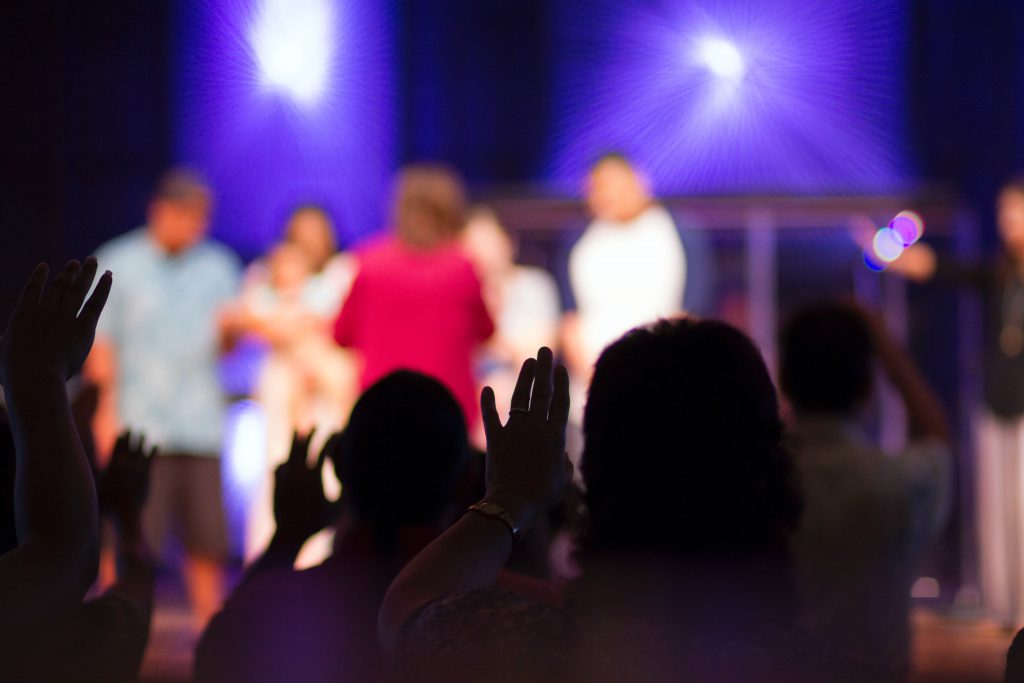Photo by Erika Giraud on Unsplash
Cardinal Joseph Zen of the Catholic Church in Hong Kong, in light of the recent passage of the oppressive national security law, claimed on his personal Facebook profile that “If right and proper words were considered against their law, I will endure all the suing, trials and arrests. Numerous predecessors have endured similarly….”
This controversial national security law, which was expedited through the National People’s Congress Standing Committee without proper dialogue, will criminalize “secession, subversion of state power, terrorism and collusion with foreign entities,” according to NPR.
The passage of this law has been met with outright fury and protest by Hong Kong citizens, as this repressive law will essentially eradicate any semblance of liberty and freedom of expression in the special administrative region.
Multiple international religious freedom advocates have expressed their concern that this new law will have disastrous implications for the religious freedom of Hong Kongers- despite this, Cardinal John Tong Hon has resolutely claimed that religious freedom will be in no way affected by this law.
However, it is by no means unreasonable to assume that religious freedom will soon come under fire in Hong Kong. In mainland China, multiple religious leaders including Qin Defu, Pastor John Cao, and Pastor Wang Yi have been arrested under similar laws, as the CCP sees religion as a security threat to the supremacy of the Party. Who’s to say that this law won’t allow for the immediate export of religious persecution to the historically free region?
International Christian Concern has stated of this passage:
“Under such laws, vocal Hong Kong clergy who have been supportive of Hong Kong’s democracy movement, such as Cardinal Joseph Zen and Auxiliary Bishop Joseph Ha Chi-shing, could be extradited to mainland China to be tried, since Beijing considers them to be threats to the regime.”
Moreover, CNN highlights some reasons that the passage of this law is inherently problematic:
- Hong Kong independence activists can be accused of and charged with secession
- The law imposes life imprisonment as the harshest punishment for violations
- The CCP will be the main employees of the newly-established national security office in Hong Kong, and must approve of all high positions
- “If a case involved ‘state secrets or public order,’ it will face a closed-door trial with no jury.”
- This law supersedes all laws of Hong Kong
- Foreign nationals temporarily visiting or residing in Hong Kong are also under jurisdiction of this law
- “Hong Kong courts will oversee national security cases, but Beijing can take over cases in special circumstances.”
If the criticism by hundreds of human rights and religious freedom activists around the world doesn’t force the Chinese government to de-implement such a controversial and draconian law, the future of a free Hong Kong will become an unlikely miracle rather than a promised reality.

